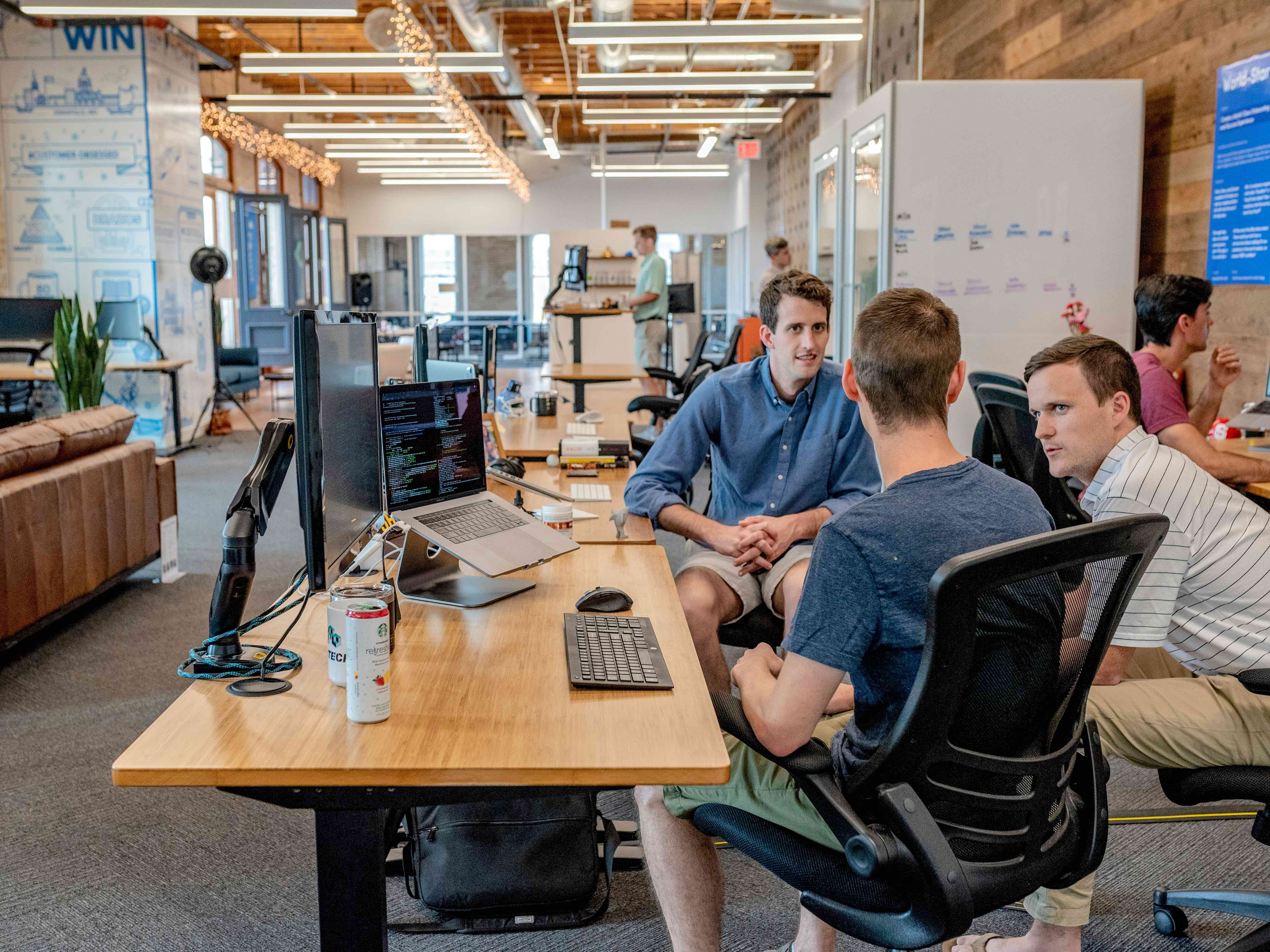
Tips and Tricks to Survive the Ups and Downs of the Workplace
Sometimes, your everyday job can feel like a roller coaster of ups and downs. The employees always face different obstacles at work, like complicated team relationships and changing responsibilities, while managing work-life balance and personal growth. Surviving and prospering in these ups and downs, as well as getting to know how to avoid conflict at work, requires a combination of resilience, adaptability, good communication, lifelong learning, and a strong support system. But try to turn these obstacles into opportunities for personal and professional development - the purpose is to manage the flows and use them to progress your career.
Understanding Workplace Dynamics
Modern workplaces are defined by fast technology improvements, a diversified workforce, and a competitive environment, revealing issues such as job uncertainty, changing positions, and high expectations. But they also present opportunities for success and chances for personal growth.
To make the most of these challenges, learn about your company's strategy, understand the trends in your field, and align your personal development with them. Develop a proactive attitude at work to benefit from all the changes.
Building Resilience
Resilience in the workplace is achieved by adopting a development mentality, which sees setbacks as chances to learn and progress. It's all about accepting criticism, enduring adversity, and viewing work as a means to mastery.
Emotional intelligence (EI) plays an important role in developing resilience. People with high EI can successfully control their emotions, handle social difficulties, and make educated judgments. It is very important to deal with stress and disagreement at work, as well as keep relationships and your attitude professional even while under pressure.
How to avoid conflict in the workplace? It is critical to respond positively to failures and setbacks. Learning from errors rather than being discouraged by them promotes resilience and continuous progress.
Effective Communication Strategies
Effective communication is essential in every business conflict. It entails carefully listening to others' ideas, concerns, and suggestions rather than simply speaking. This encourages teamwork and mutual respect.
Assertiveness is critical. It's about communicating your views and wants clearly and politely without being aggressive or passive. This is valuable in negotiations, dispute resolution, and advocating for yourself or your team.
Conflict in the workplace is unavoidable in any business. How to avoid conflict? Dealing with conflict at work means eeping cool, being empathic, and focusing on solutions are all necessary for effective management. It is critical to address difficulties directly yet politely and to seek a win-win solution.
Work-Life Balance
A work-life balance is necessary for long-term professional success and personal well-being. Setting clear boundaries between work and personal life might help you avoid burnout. This may include not reading emails after work hours or making time for family and hobbies. It's as simple. Another important thing is time management. Prioritizing activities, setting realistic goals and KPIs, and no procrastination approach may increase productivity and free time for personal hobbies.
Balance requires stress management (mindfulness, exercise, and appropriate rest) to help refresh your mind and body and deal with conflict at work and home.
Adapting to Change
Workplace conflicts and change can be unavoidable, and adjusting to it is something we all need to do. Being adaptable and open to new ideas, methods, and technology helps smooth the transition. So is continuous education. Professional growth, whether through formal schooling, online courses, or on-the-job training, maintains your skills current and sharp.
Don't be afraid to seek help when things change. Networking, mentorship, and professional organizations may help you gain guidance, share your experiences, and get emotional support.
Expanding Your Skill Set
Developing new skills on the go is just as important as adjusting to change. This entails looking for fresh educational possibilities and pushing yourself to get out of your comfort zone without fear. Gaining new talents enhances one's versatility and value in the profession, whether by learning a new program, comprehending a different aspect of the organization, or honing soft skills like management and leadership.
Attending conferences, webinars, and seminars can also help you gain new knowledge and abilities. These discussion boards let you learn new things while also offering networking possibilities that may benefit your professional development.
Building a Personal Brand
Your professional identity and how you carry yourself are parts of your personal brand at work. It's what you bring to the table in terms of abilities, experiences, and values. Sustaining and enhancing your personal brand requires that you constantly showcase your advantages and special skills.
Taking on complex assignments, offering creative ideas, or being a trustworthy team member are just a few ways to do this. It also includes the way you communicate, both offline and online, on platforms like LinkedIn. In a congested job market and inside your company, a strong personal brand may help you stand out.
Cultivating a Supportive Network
Strong professional networks may offer guidance, assistance, and fresh prospects. Building relationships is necessary for this, not only within your immediate team but also between departments and even outside of your company.
Finding a mentor or serving as one yourself may have a big influence on your career success. A mentor may help you better navigate your career path by offering direction, counsel, and feedback.
Embracing Diversity and Inclusion
Diversity in the workplace is growing, and it is important to embrace it. Acknowledging and understanding diverse viewpoints and backgrounds allows for a more inclusive atmosphere and fosters creative and efficient problem-solving.
A more peaceful workplace and enhanced professional experience might result from taking part in diversity and inclusion programs or just trying to understand coworkers from diverse backgrounds.